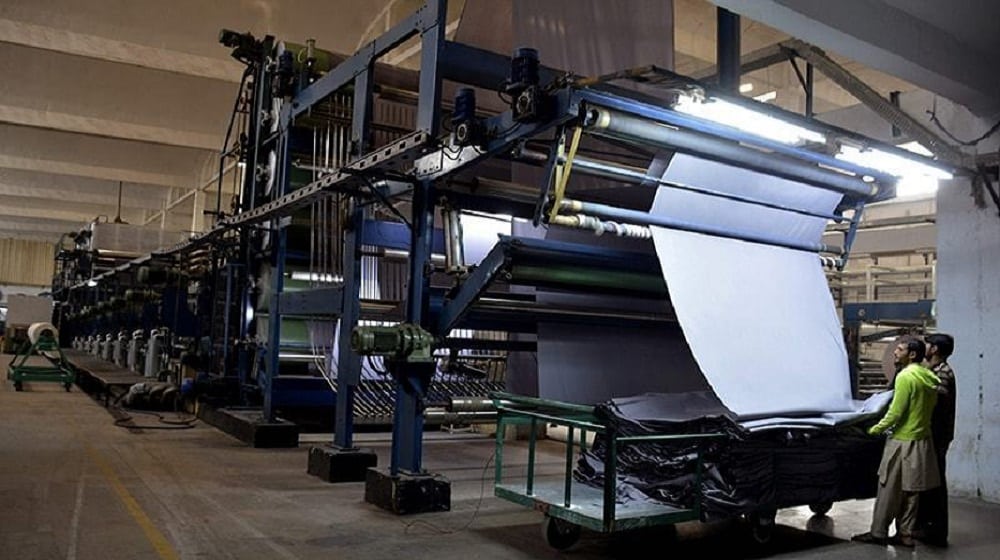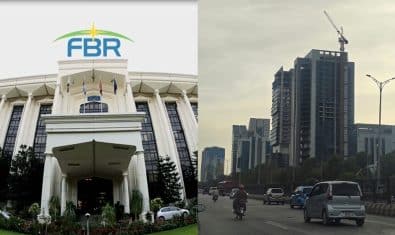The All Pakistan Textile Mills Association (APTMA) has requested the federal government to continue the Regionally Competitive Energy Tariff (RCET) for the textile industry in the fiscal year 2023-24 (FY24).
In a letter addressed to the Prime Minister, APTMA said the non-continuation of the RCET is likely to result in the closure of a significant portion of the export industry leading to significant unemployment, loss of export revenue, and further deterioration in the Balance of Payments.
Textile exports witnessed an outstanding increase of 55 percent, increasing from $12.5 billion to $19.5 billion during the FY22, directly attributable to the time that competitive energy tariffs were applicable. RCET significantly enhanced the industry’s competitiveness on the global stage and enabled Pakistani products to compete at par as a consequence of similar energy input costs with competing countries of the region, the Association explained.
The improved competitiveness of Pakistan’s textile industry attracted additional investment of $5 billion in expansion and new projects. These investments further augmented the available export capacity by an estimated $5-$6 billion per annum. With such promising trends, Pakistan was on track to achieve a remarkable $22-$24 billion in textile exports in the current fiscal year.
However, the forex constraints combined with the withdrawal of RCET, difficulties in energy supply, and a liquidity crisis as a consequence of devaluation, paused this upward momentum. This year alone, Pakistan is experiencing a significant shortfall of over $3.5 billion from the $19.5 billion exports achieved last fiscal year, according to APTMA.
“In spite of the fiscal challenges, the government rightly continued with the RCET facility for most of this year, however, withdrawal at a time when the country is in need of foreign exchange is confusing, to say the least. The textile industry plays a critical role in generating foreign exchange, and without the continuation of RCET, our exports will inevitably decline, leading to a much lower-than-budgeted or expected influx of foreign exchange,” it added.
As depicted above, RCET does not, in reality, require any subsidy and is more or less equal to the cost of service. The subsidy arises as a consequence of the NEPRA tariff regime that cross-subsidizes other sectors and underperforming DISCOS.
APTMA said, “These should in all fairness be funded directly by the Government as part of their socio-political obligation. However, the difference between the NEPRA tariff (which includes cross-subsidy) and RCET has been 2.56 percent of the total textile exports during the last 4 years”.
This compares highly favorably, to other methods of generating foreign exchange which incur a cost of 4-8 percent per annum and repayment of the amount borrowed. This 2.56 percent is indeed an insignificant cost to pay for the economic and social benefits accruing from a vibrant textile export sector, the Association argued.
It opined that in the absence of a viable energy tariff, it is expected that 75 percent of the industrial establishments based in Punjab, which do not have a cheaper domestic gas supply to lower energy costs, will cease operations within the next three months.
“The impact of the non-continuation of RCET will not be limited to the large-scale manufacturing (LSM) sector, but will also extend to small and medium enterprises (SMEs) and cottage industries that form clusters, feeding the large-scale manufacturers. These clusters have grown over decades and rebuilding these clusters would require significant time and effort”.
“Additionally, all the allied industries which are a critical part of the textile supply chain have narrow profit margins and will be forced to cease operations altogether. The resulting unemployment and social unrest pose challenges that our country simply cannot bear at this
time,” APTMA further remarked.
In light of the aforementioned circumstances, the Association requested an announcement by the Government that the RCET for gas at a rate of $9/MMBtu and for electricity at a rate of 9 cents/kWh will be continued in one form or another for the next financial year. It also asked for an appropriate amount to be allocated in the budget to enable these rates to be maintained.
APTMA emphasized that the industry undertakes to maximize exports and minimize any drawdown on the budget through other means available, such as a B2B supply of electricity from a dedicated power plant and enhanced installation of solar through net-metering, in the backdrop of the current fiscal situation.
“We understand and stand by the rest of Pakistan in conserving energy expenditure to minimize the fiscal and Balance of Payment deficit,” the letter concluded.
























